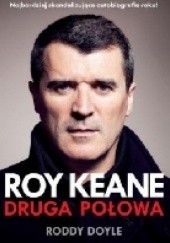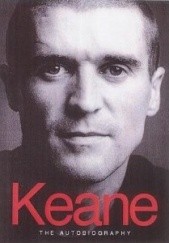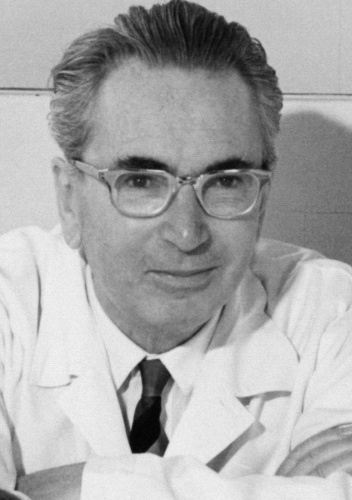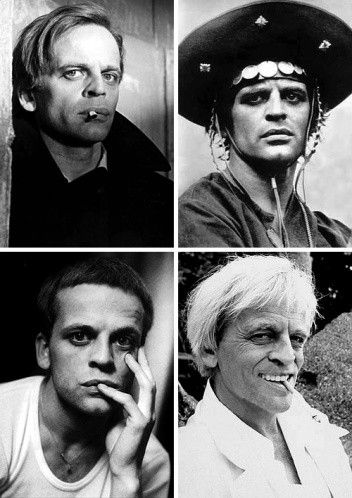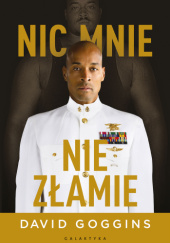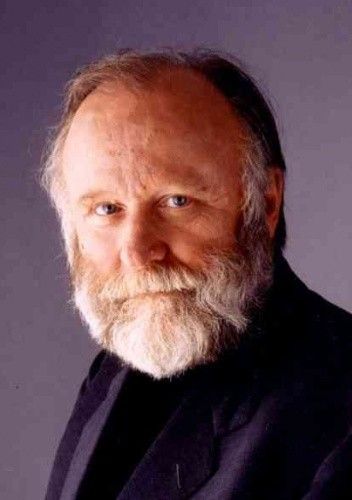Najnowsze artykuły
 Artykuły100 najbardziej wpływowych osób świata. Wśród nich pisarka i pisarz, a także jeden Polak
Artykuły100 najbardziej wpływowych osób świata. Wśród nich pisarka i pisarz, a także jeden Polak Konrad Wrzesiński1
Konrad Wrzesiński1 ArtykułyPięknej miłości drugiego człowieka ma zaszczyt dostąpić niewielu – wywiad z autorką „Króla Pik”
ArtykułyPięknej miłości drugiego człowieka ma zaszczyt dostąpić niewielu – wywiad z autorką „Króla Pik” BarbaraDorosz1
BarbaraDorosz1 ArtykułyWydawnictwo Emocje – nowa marka na polskim rynku książki
ArtykułyWydawnictwo Emocje – nowa marka na polskim rynku książki LubimyCzytać2
LubimyCzytać2 ArtykułyAkcja recenzencka! Wygraj książkę „Szczęście ma smak szarlotki“ Weroniki Psiuk
ArtykułyAkcja recenzencka! Wygraj książkę „Szczęście ma smak szarlotki“ Weroniki Psiuk LubimyCzytać2
LubimyCzytać2
Popularne wyszukiwania
- Polecamy
Roy Keane
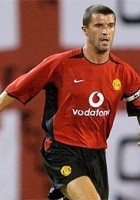 26,5/10Pisze książki: biografia, autobiografia, pamiętnik, sportUrodzony: 10.08.1971Roy Maurice Keane (born 10 August 1971) is a former Irish footballer and the manager of English Championship club Ipswich Town. In his 18-year playing career, he played for Cobh Ramblers in the League of Ireland, Nottingham Forest and Manchester United (both in England),before ending his career with a brief spell at Celtic in Scotland.
26,5/10Pisze książki: biografia, autobiografia, pamiętnik, sportUrodzony: 10.08.1971Roy Maurice Keane (born 10 August 1971) is a former Irish footballer and the manager of English Championship club Ipswich Town. In his 18-year playing career, he played for Cobh Ramblers in the League of Ireland, Nottingham Forest and Manchester United (both in England),before ending his career with a brief spell at Celtic in Scotland.
A dominating central-midfielder, Keane was noted for his aggressive and highly-competitive style of play, an attitude which helped him excel as captain of Manchester United from 1997 until his departure in 2005. Keane helped United achieve a sustained period of success in more than 12 years at the club. He played at international level for much of his career, representing the Republic of Ireland over a period of fourteen years, most of which he spent as captain. In the 1994 FIFA World Cup he played in every game, although he was sent home from the 2002 World Cup after an "incident" with national coach Mick McCarthy. During his first season as Sunderland manager, he took the club from twenty-third position in the Football League Championship to win the league and gain promotion to the Premier League. Keane's arrival was largely attributed as the catalyst for Sunderland's recovery. He managed to keep Sunderland from relegation in the 2007–08 season, but in his second season as a top-flight manager he left his position with Sunderland in the relegation zone. In April 2009 he was appointed as manager of Ipswich Town.6,5/10średnia ocena książek autora143 przeczytało książki autora92 chce przeczytać książki autoraDyskutuj o autorze0fanów autoraZostań fanem autoraKsiążki i czasopisma
- Wszystkie
- Książki
- Czasopisma
Najnowsze opinie o książkach autora
Roy Keane. Druga połowa Roddy Doyle6,3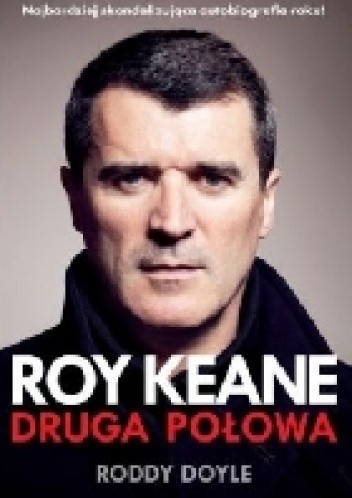 Książka okej, ciekawy punkt widzenia Keane'a na jego historię, co zrobił. Ogólnie byłoby dobrze, gdyby nie dramatyczne tłumaczenie. Tylu błędów dawno nie upatrzyłem w tekście. Naprawdę szkoda, bo mocno zniszczyło to moje wrażenia z książki :(. Ale może jestem przeczulony, dla tych którzy nie zauważyli, książka pewnie w odbiorze pozytywnaRoy Keane. Druga połowa Roddy Doyle6,3
Książka okej, ciekawy punkt widzenia Keane'a na jego historię, co zrobił. Ogólnie byłoby dobrze, gdyby nie dramatyczne tłumaczenie. Tylu błędów dawno nie upatrzyłem w tekście. Naprawdę szkoda, bo mocno zniszczyło to moje wrażenia z książki :(. Ale może jestem przeczulony, dla tych którzy nie zauważyli, książka pewnie w odbiorze pozytywnaRoy Keane. Druga połowa Roddy Doyle6,3 "Druga połowa" składa się z dwóch połów. Pierwsza jest bardzo dobra i wciągająca, druga nieco słabsza i przegadana. Pierwsza przedstawia końcówkę kariery piłkarza, druga początek kariery trenera. Nie jest to przesłodzona książeczka pisana pod publikę, nie boi się burzyć pomników, nie stroni też od autokrytyki. Trochę fajnych anegdot z szatni, trochę kontemplacji życiowych. Kontrowersji jest nieco mniej niż się spodziewałem. Pokazuje obraz człowieka, który ma kłopot w odnalezieniu się w nowej rzeczywistości, nie mogącego pogodzić się z ostatnim gwizdkiem.
"Druga połowa" składa się z dwóch połów. Pierwsza jest bardzo dobra i wciągająca, druga nieco słabsza i przegadana. Pierwsza przedstawia końcówkę kariery piłkarza, druga początek kariery trenera. Nie jest to przesłodzona książeczka pisana pod publikę, nie boi się burzyć pomników, nie stroni też od autokrytyki. Trochę fajnych anegdot z szatni, trochę kontemplacji życiowych. Kontrowersji jest nieco mniej niż się spodziewałem. Pokazuje obraz człowieka, który ma kłopot w odnalezieniu się w nowej rzeczywistości, nie mogącego pogodzić się z ostatnim gwizdkiem.Autorzy piszący podobnie
Popularne w kategorii książek autora
Popularni autorzy


















